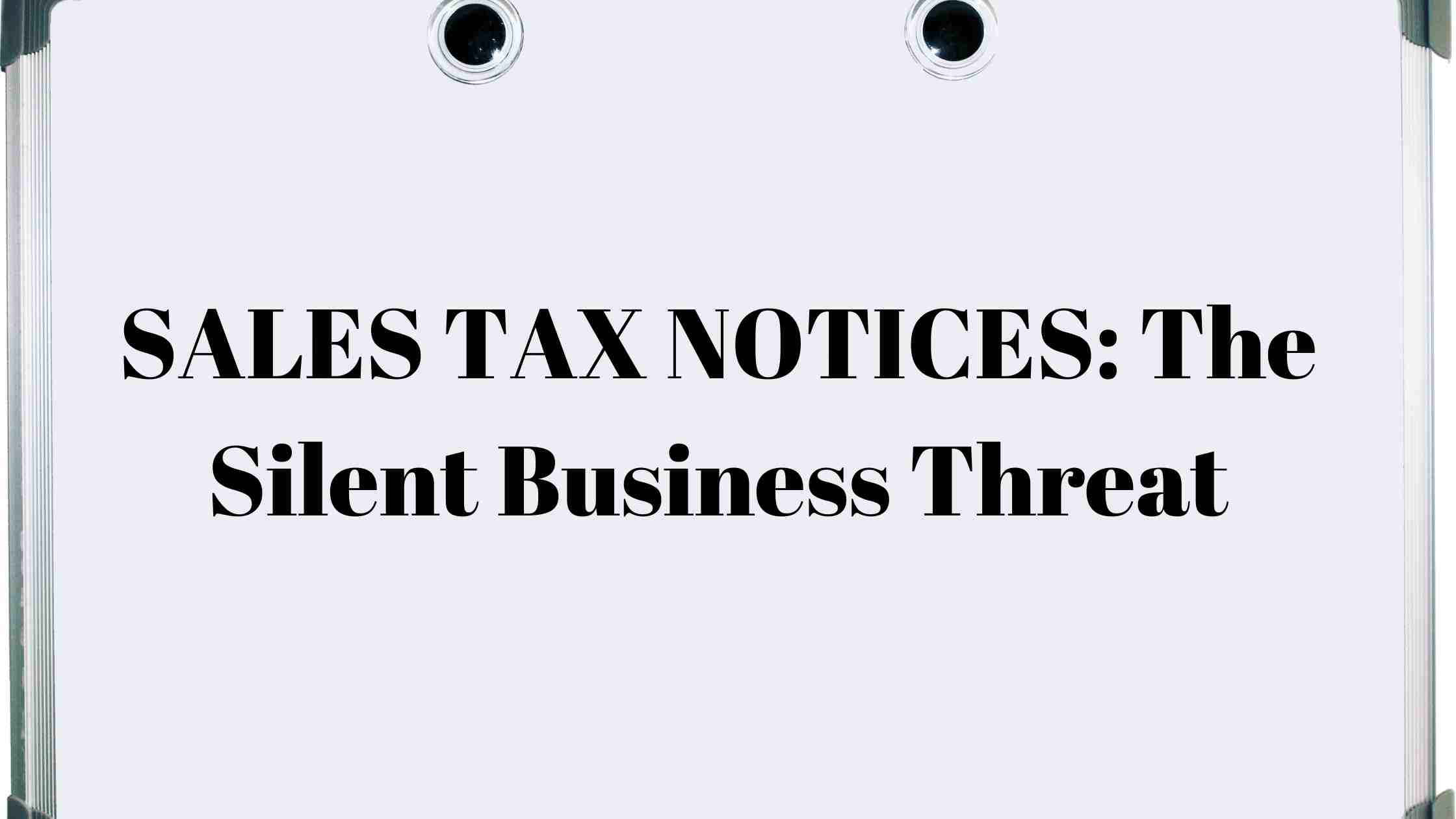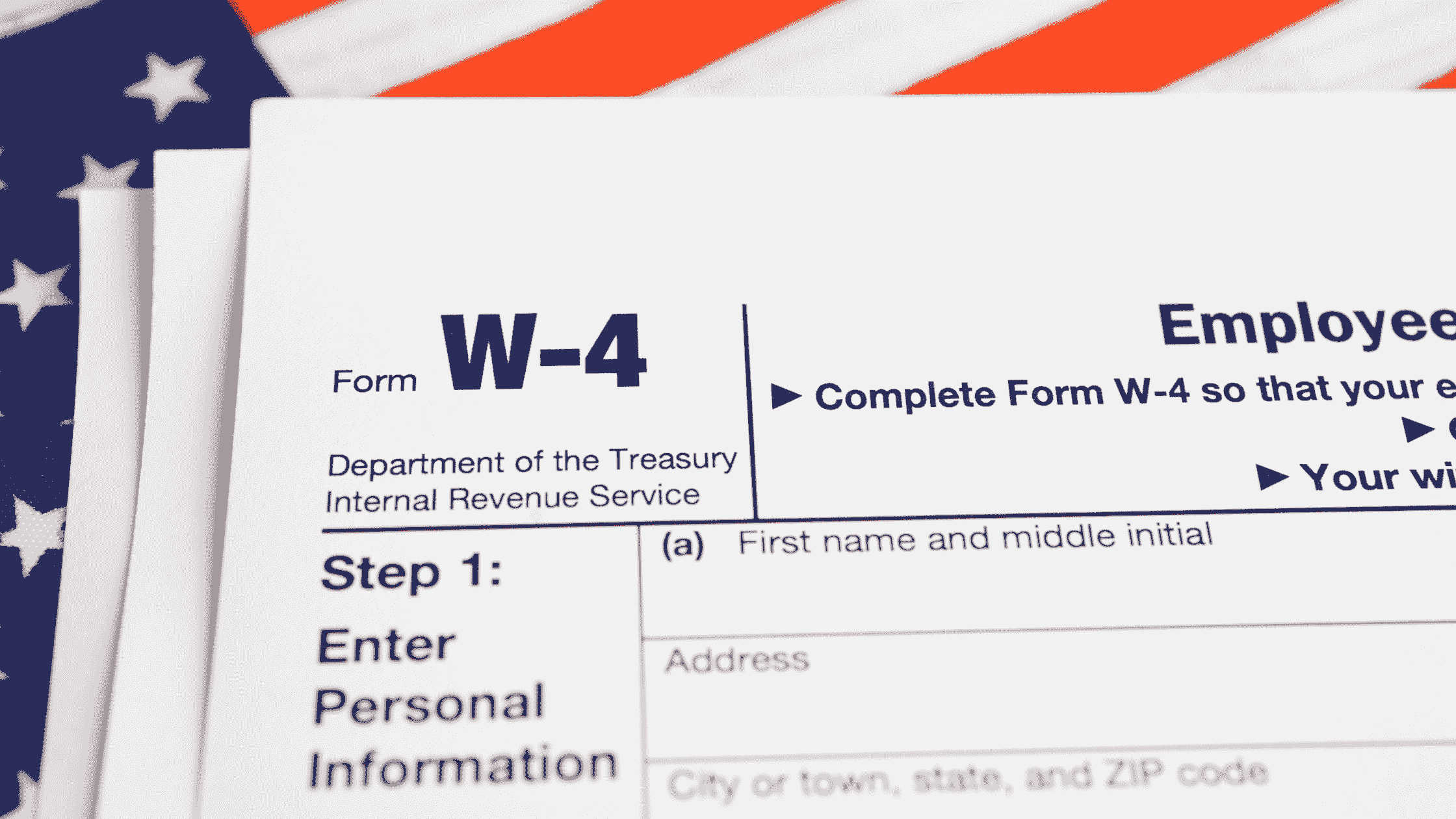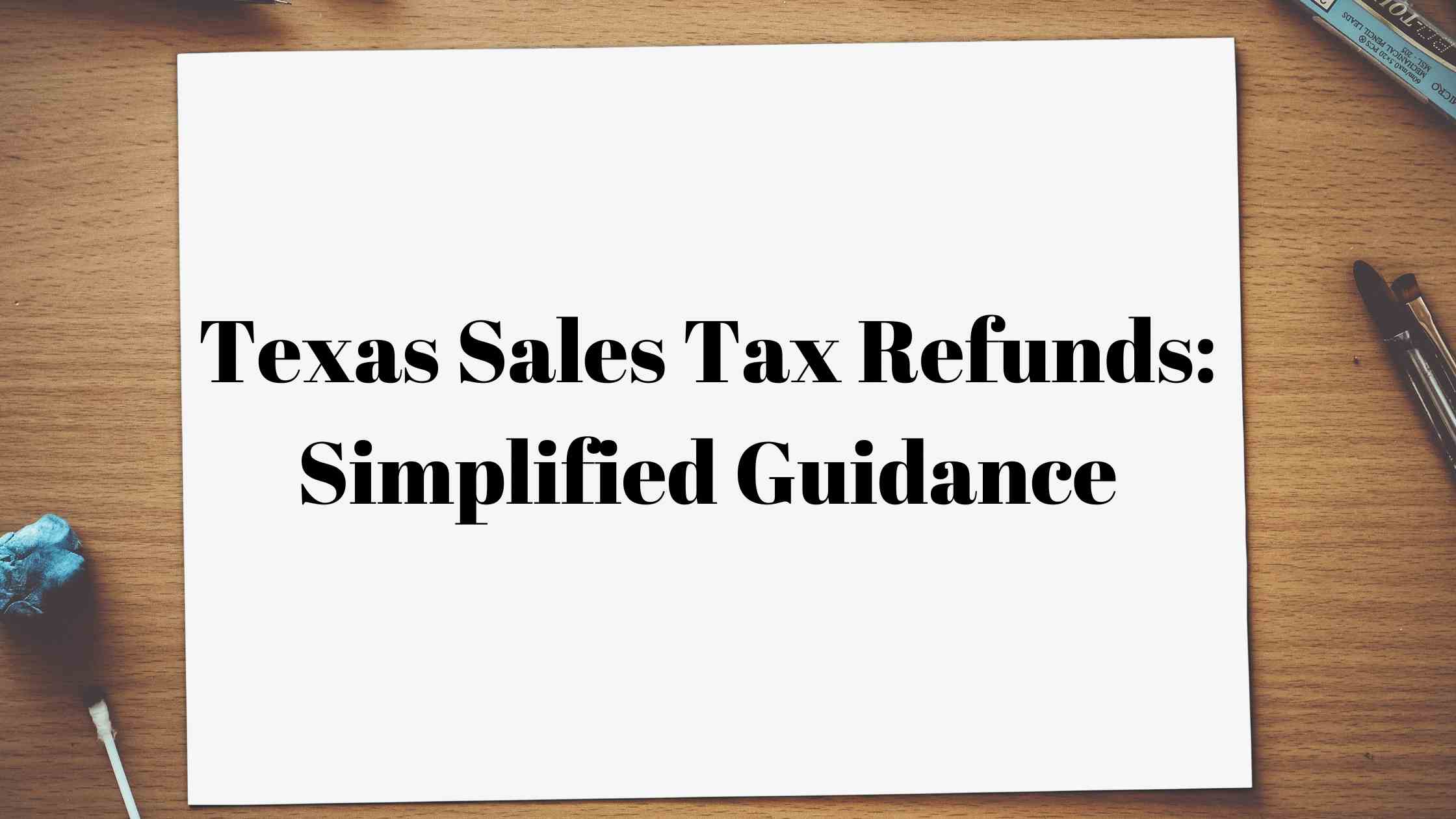If your business is enrolled for sales tax, you’ll get sales tax notices. These notifications may carry helpful information, but most times, they signal problems that require fixing. It’s crucial that someone, whether from within your team or externally, keeps an eye on these notices to address any issues promptly.
These ordinary alerts, arriving discreetly in emails or mail, carry vital details that can determine a business’s financial path. Ignoring alerts isn’t smart; problems won’t vanish. They might worsen if neglected
Join us on this exploration as we unravel the intricacies and unveil the true significance of sales tax notices.
Definition and Purpose of Tax Notices.
A tax notice is an official communication from tax authorities that provides information about your tax obligations.
You could receive notifications for reasons like tax law updates, verifying return details, reminders for payments or audits, alerts for filing errors, and updates on entitled tax refunds. These notices serve as crucial tools to keep taxpayers informed, ensure compliance, and address any issues promptly. Understanding the significance of tax notices is essential for maintaining financial responsibility and navigating the intricacies of the tax system. Stay informed, be proactive, and respond promptly to any tax notices to avoid potential penalties and legal consequences.
Importance of Managing Tax Notices.
If you ignore those sales tax notices, you’re setting yourself up for more trouble and, most likely, a bigger bill. Many states pile on extra charges like penalties and interest if you’re late with returns or have overdue balances. So, if a notice tells you that you owe money for sales tax and you brush it off, those extra charges will just keep growing until you settle up. If you let it go for too long, the state might take it up a notch, involving collection agencies or slapping a lien on your business, and that’s bad news.
It’s not just about notices for money owed; even notices about renewing your sales tax license matter. If you ignore those, your license could expire, and your sales tax account might get closed by the state. That means you can’t file or pay on time, leading to more penalties and interest. It’s better to deal with these notices ASAP to avoid headaches and extra costs.
What does managing notices involve, and who is responsible for handling them?
Notice management involves the systematic handling and organization of official communications or notices received by individuals or organizations. This process includes reviewing, interpreting, and taking necessary actions in response to various types of notifications, such as those related to taxes, compliance, legal matters, or other official communications. Effective notice management is essential for maintaining regulatory compliance, addressing issues promptly, and minimizing potential consequences or penalties.
Managing tax notices can be handled internally if there’s a dedicated and experienced member of your staff with the time to address them. However, If the sales tax handler lacks filing process expertise, understanding these notices might be difficult. Consequently, this could lead to delays in resolving the problems specified in the tax notices, often resulting in additional amounts owed. You could receive notifications for reasons like tax law updates, verifying return details, reminders for payment or audits, and updates on entitled tax refunds.
Also, dealing with tax notices can also be done by external parties. Many companies offer tax notice management services for a fee, which might be worth it if handling notices seems too complicated for your business. Some software companies claim to manage notices for free as part of their tax preparation service. However, it’s crucial to understand what they mean by “managing notices.” Some companies consider simply keeping a record of notices and informing you about them as notice management. In our view, if they’re not actively resolving the issues in the notices, it’s not true notice management; they’re more like a notification service.
CONCLUSION
As we wrap up our journey through the world of sales tax notices, remember this: these little notices might seem like just paperwork, but they’re more like guardians of your business’s financial harmony. Think of them as friendly reminders, making sure you stay on the right side of tax regulations. Whether you handle them within your team or get a little help externally, actively dealing with these notices is your ticket to avoiding financial hiccups.
Disclaimer:
The information provided in this content is for general informational purposes only. You should always seek the advice of an expert before making any decisions based on the information provided. We do not warrant or guarantee the accuracy, completeness, or usefulness of the information provided. Any reliance you place on such information is strictly at your own risk. We are not responsible for any damages, losses, or expenses related to the use of this content.
Related Blog :
TEXAS FRANCHISE TAX: WHAT NEW BUSINESSES NEED TO KNOW
TEXAS SALES TAX BASICS: WHAT EVERY BUSINESS OWNER SHOULD KNOW








